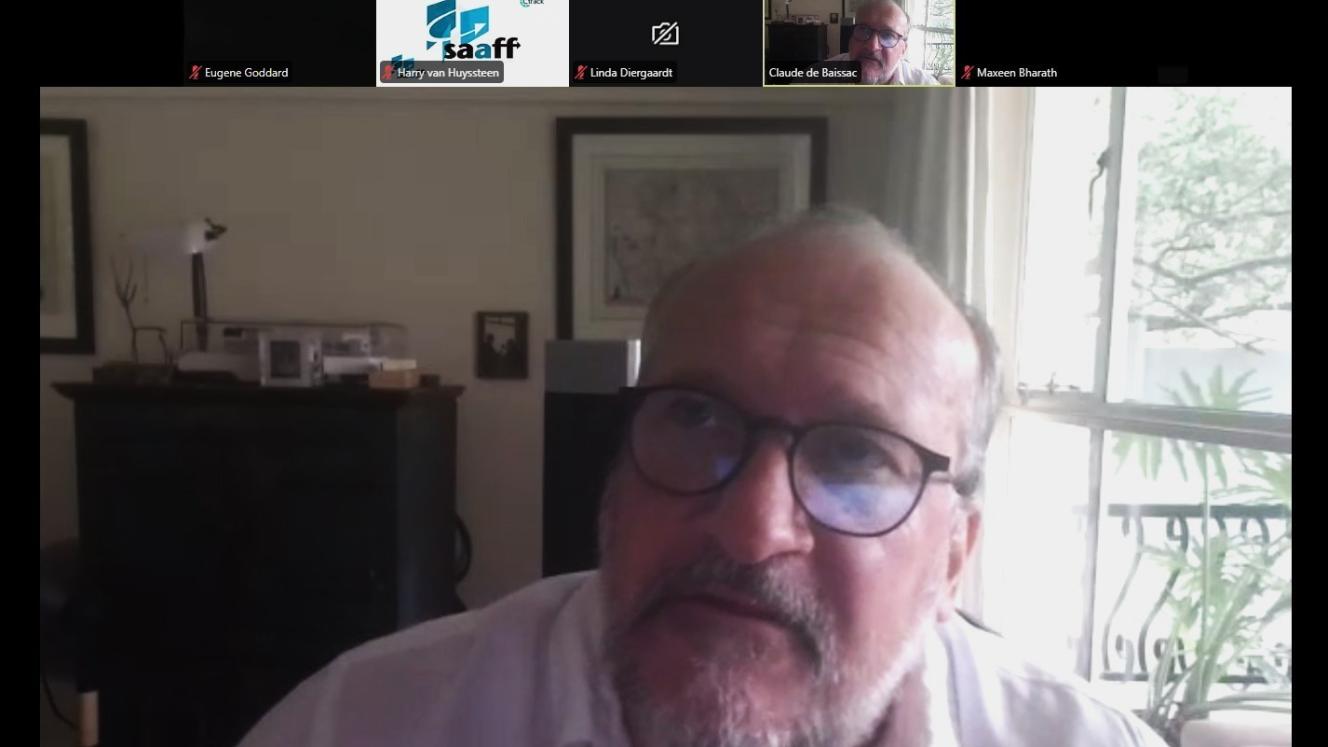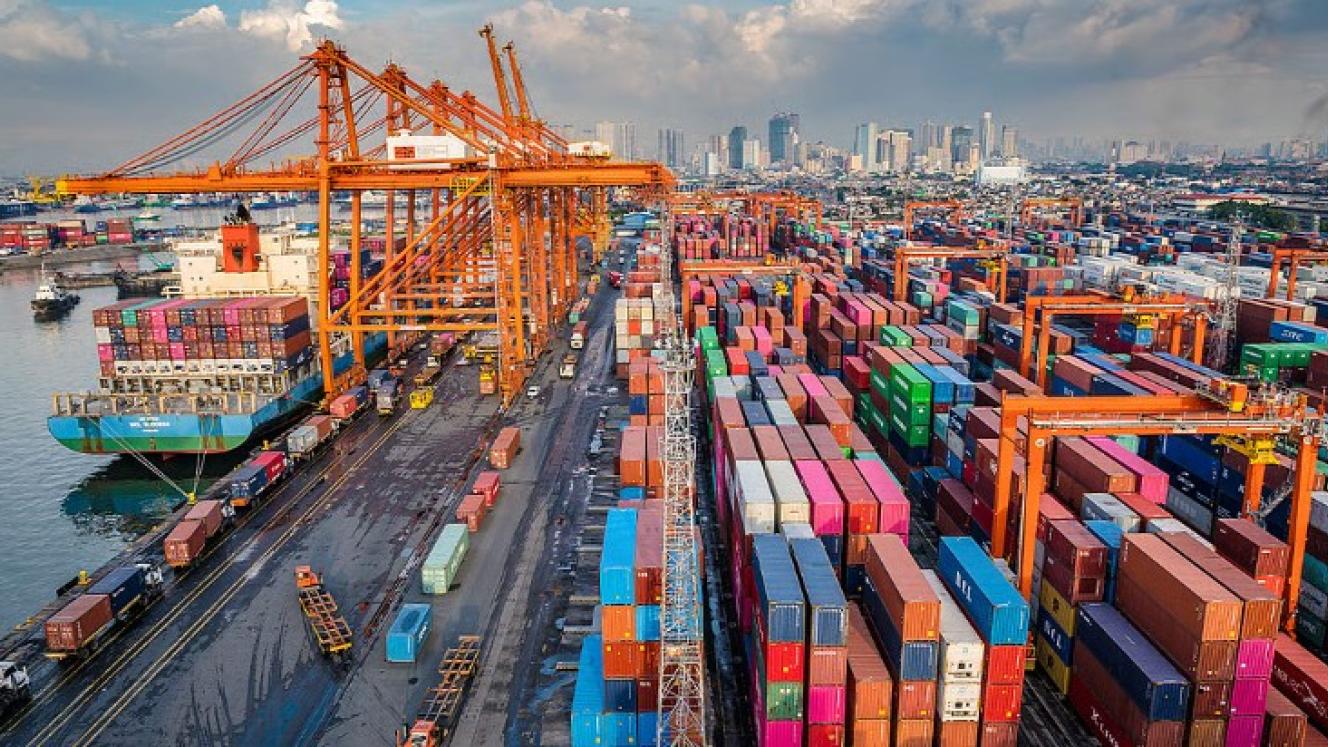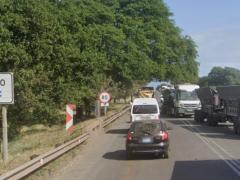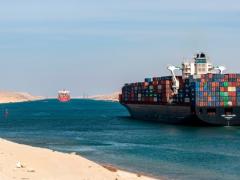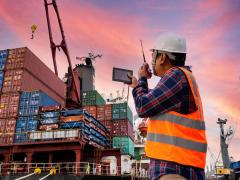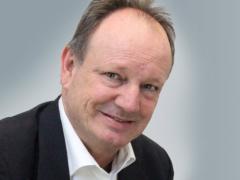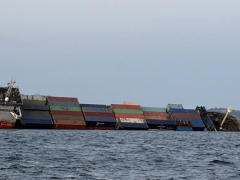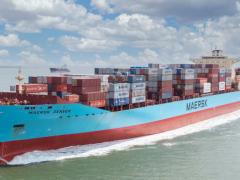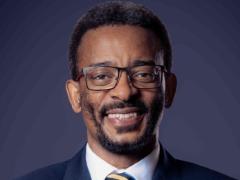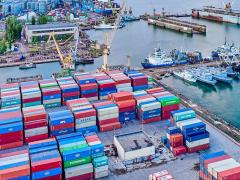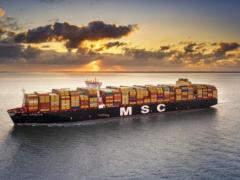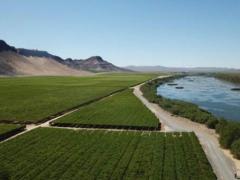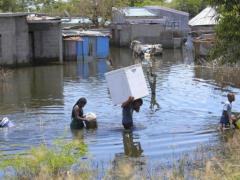South Africa’s logistics network has come a long way since the State Capture years of former president Jacob Zuma enabled large-scale corruption and plundering of the country’s fiscus, “but we’re not out of the woods yet”.
Speaking at a Transport Forum event focusing on ‘Reform or Retreat’ in the freight industry, Claude de Baissac of Eunomix said ANC politics continued to cast a shadow over recent gains – private-sector involvement in the Port of Durban and the opening of Transnet’s freight rail network to third-party participation.
“We have to commend those who have done the work in government and in business to arrest some of the worst elements of decline,” the risk and resilience consultancy’s CEO said.
It was particularly evident through data on cargo throughput at the country’s ports and volume movement by rail that South Africa’s path to state failure under Zuma had been arrested, de Baissac added.
“But it's too early to congratulate ourselves in the long term. What we've been able to do is look at the situation of the crisis, agree that it was very serious and that something needed to be done.”
The burden of expectation, he pointed out, was whether South Africa could secure the gains that had been made by avoiding a repeat of what we saw under State Capture.
Considering that President Cyril Ramaphosa would not have a third term and that there was clearly political realignment and manoeuvring within Luthuli House about the ANC’s next power structure, political instability posed a very clear threat, de Baissac said. With the economy stuck at 1.5% growth going into 2026 and most likely thereafter, “we need to have on the horizon a very clear sense of urgency and risk”.
“The greatest concern I have is that these reforms that have been undertaken are too shrewd and they are too dependent on the political situation,” said de Baissac. “When there is political change, the question on my mind is who is going to take over and what are they going to do?”
He said conversations he had had with the CEOs of Eskom and Transnet hinged on whether reform at the power utility and port and rail parastatal could be undone.
He said it was encouraging to have seen this past week to what extent American society had shown resilience in electing as the new mayor of New York, Zopran Mamdani, a clear opponent to President Donald Trump.
Crisis management and collective resistance in the face of government hegemony were also what were needed in South Africa, he cautioned.
“The rule of thumb is that it's about ten times more expensive to fix a crisis than to avoid one. If Eskom had not been broken in the first place, not only would we not have had to bail it out with a massive amount of money, but on top of that, it would have been producing a lot more electricity at a much cheaper price.”
It would’ve been immensely beneficial to the country’s growth if the power grid hadn’t teetered on the brink of collapse, de Baissac said.
“We need to find a way to entrench reform and then to make sure that what happened in the past does not happen again, but that's extremely difficult.”
Ultimately, it came down to how people vote, he said.
“When people decide to vote for a political party or a president whose very programme is state capture, how do you fight that?”
De Baissac said the revelations emerging from Parliament’s ad hoc committee on police corruption painted a worrying picture of a country that shouldn’t have to state-proof itself, but ought to.
